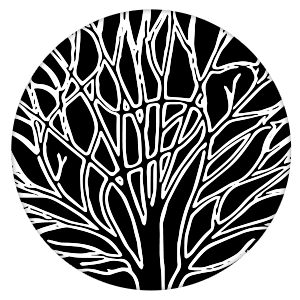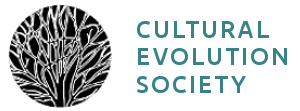Animal Cultures: Core Discoveries and New Horizons
Lecture 10: Implications for the evolution of human culture
Professor Andy Whiten, University of St Andrews, UK
A century ago, and in more recent writings by some authors, it was assumed that culture was a unique human attribute. As this module shows, the reality is instead that culture, in the form of socially inherited traditions, is widespread in animals. A basic implication of this is that human culture likely did not appear out of the blue, but instead evolved from earlier, pre-human forms of culture. We can elucidate the scope of these evolutionary foundations by identifying the array of cultural phenomena that we share with contemporary related species, inferred to be the consequence of our common ancestry.
In this lecture I focus on such inferences concerning the cultural ancestry that appears to be shared across the great apes – ourselves, chimpanzees, bonobos, gorillas and orangutans.
Lecture slides (pdf)
Core (testable) readings
Whiten, A. (2011). The scope of culture in chimpanzees, humans and ancestral apes. Philosophical Transactions of the Royal Society B: Biological Sciences 366, 997-1007.
Reviews aspects of culture shared by human and non-human apes, particularly chimpanzees, to draw inferences about the ancestral cultures of this group.
Tennie C, Call J, Tomasello M (2009) Ratchetting up the ratchet: on the evolution of cumulative culture. Philosophical Transactions of the Royal Society B: Biological Sciences 364 2405-2415.
Updates core propositions of the 1993 Tomasello et al. BBS paper on Cultural Learning in the light of further evidence, arguing that humans are the only species to display the ratchet-like process of cumulative culture, and suggesting why.
Further reading
Whiten, A. (2017). Social learning and culture in child and chimpanzee. Annual Review of Psychology, 68, 129-154.
Updates evidence concerning the comparisons underlying Whiten (2011) above
This project was supported by Grant #61105 from the John Templeton Foundation to the University of Tennessee, Knoxville (PIs: S. Gavrilets and P. J. Richerson) with assistance from the Center for the Dynamics of Social Complexity and the National Institute for Mathematical and Biological Synthesis at the University of Tennessee, Knoxville.

The Cultural Evolution Society's Online Learning Tutorial Series is licensed under a Creative Commons Attribution-NonCommercial-ShareAlike 4.0 International License. For designers' contact information, click here.



